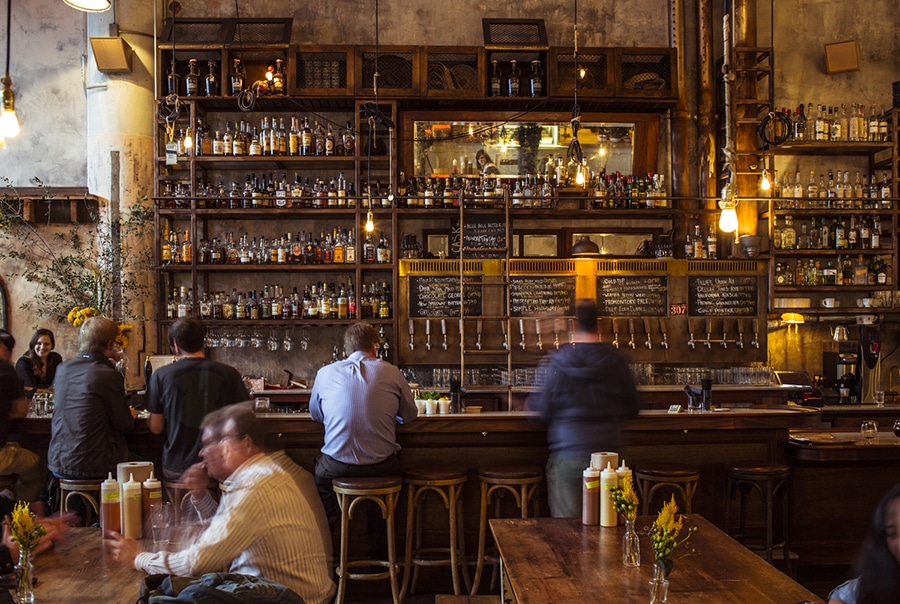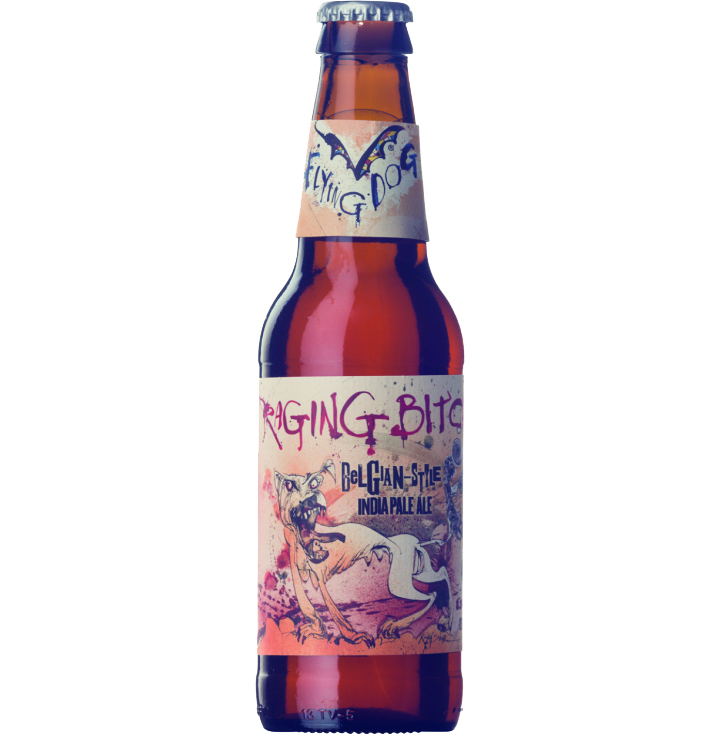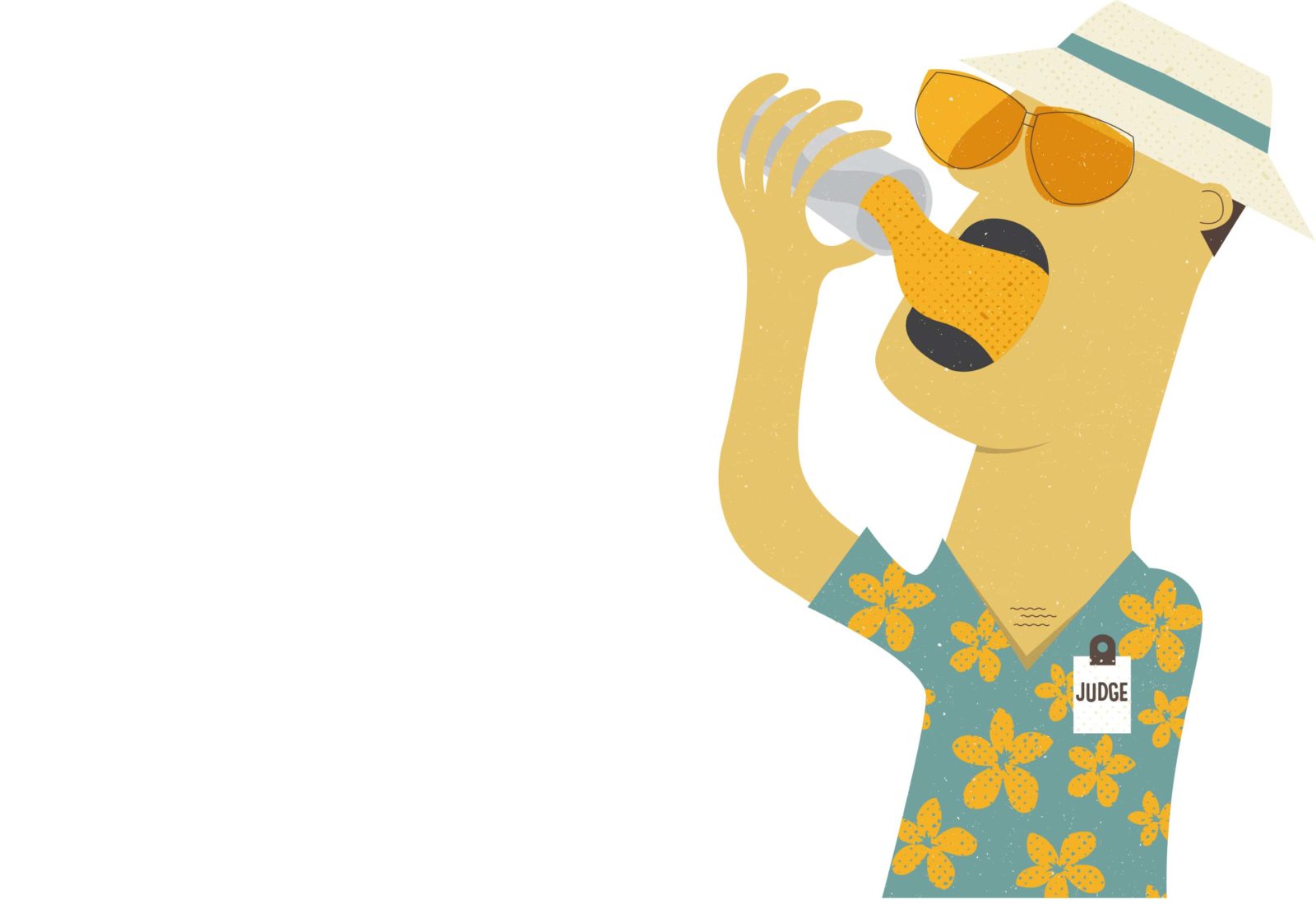Having just returned from San Francisco last week and faced with the task of condensing my experience into a clean 600 words, I was instead faced with a blank Word document and a blinking cursor. This was not an easy task. How does someone adequately distill 30-plus years of craft beer development after just a four-day visit?
You can’t, not really. So I started writing about my favourite spot, Magnolia Pub & Brewery, and wrote these words. “Magnolia Brewery is an artisanal paradise.” A terrible sentence. Shameful. The cursor blinked, taunting me.
Then I received a text from a friend. No word of a lie, it read: “Magnolia files for bankruptcy.” Talk about coincidence. I looked it up – sure enough, poor Magnolia Brewing Co. – umbrella company of the brewpub and Smokestack, a barbecue restaurant in the Dogpatch neighbourhood – filed for Chapter 11 bankruptcy. Owner Dave McLean told Business Times that the company had “more debt than it can manage with its current cash flow.”
Which is a shame because Magnolia was by far the most impressive brewpub I’d ever visited, and not just in San Francisco. Located at the centre of Haight-Ashbury – a real treat for a beer-lovin’ ‘60s mythologizer like myself – the place reeked of history, of mash and of marijuana waftng in from off the street. The pulled pork sandwich alone was worth the pilgrimage, but all the beer I tried found the sweet-spot of being artisanal and drinkable, and lacking all pretension. It’s awesome.
But the place is small. The brewpub had a seven-barrel system in its basement. The Dogpatch location had quintupled the company’s beer production, but when compared to other Bay Area craft breweries, it’s still puny. It’s chief advantage – location – is also one of it’s greatest weaknesses: Astronomical rent and real estate prices make it difficult for small breweries, with their high overhead and low margins, to get ahead. (This is one of the main reasons there’s a relatively low number of microbreweries within SF city limits.)
Which, it seems, was the problem. California now has 600 craft breweries, generating about $16.5 billion annually. Northern California is home to several of the biggest (Sierra Nevada; Lagunitas), most popular (Anchor) and unquestionably best (Russian River) craft brands on the planet. How can a rinky-dink operation, as good as it is, possibly compete?
In a story by SFGate, Tom McCormick, president of the California Craft Brewers Association president said, “We are seeing the beginning of a new era in craft beer in which it will be getting much more competitive.”
In order to stay on top of the competition, McCormick says that NorCal breweries have to make huge leaps in investment. Some breweries can’t afford the investment, which may have been the problem for Magnolia, along with several others that have closed in California in recent years.
Unlike in BC, there’s nothing precious about “craft” beer. It’s just beer. It’s a business. It’s extremely popular, but I didn’t get the sense it was trendy. In San Francisco at least, it’s certainly not a defining element of its personality like it is in Portland (or even Seattle). This is a city where trends come and go as quickly as Internet memes. You know what’s trendy in San Francisco right now? Toast.
Which means that, as a viable and extremely lucrative business, competition is the tightest it’s ever been – an indication of what’s to come in the US (and Canada, to a lesser extent) in the next few years. Craft brands will expand. Macro brands will gobble up (or at least partner with) the most profitable. And along the way, some excellent brands will fold.
And believe it – there’s excellent beer. People talk about Russian River’s Pliny the Elder with the sort reverence typically reserved for great mystics. But what I found most interesting about the beer culture in San Francisco is that there isn’t really a beer culture in San Francisco. What we call “beer bars” in Vancouver are just “bars” there. Twenty-five taps is the norm. Craft isn’t even really referred to as craft at this places – it’s just “domestic.” These domestic beers come from all over the West Coast (but never Canada).
There’s very little sense of community or brotherly love like we’re used to in BC because, well, why would there be? It’s business.
Fortunately, Magnolia will stay in business as the owners figure out what’s next. But their plight is a cautionary tale for other regions in North America thinking the staggering boom of craft breweries can continue unabated.
But at least the beer’s great.






